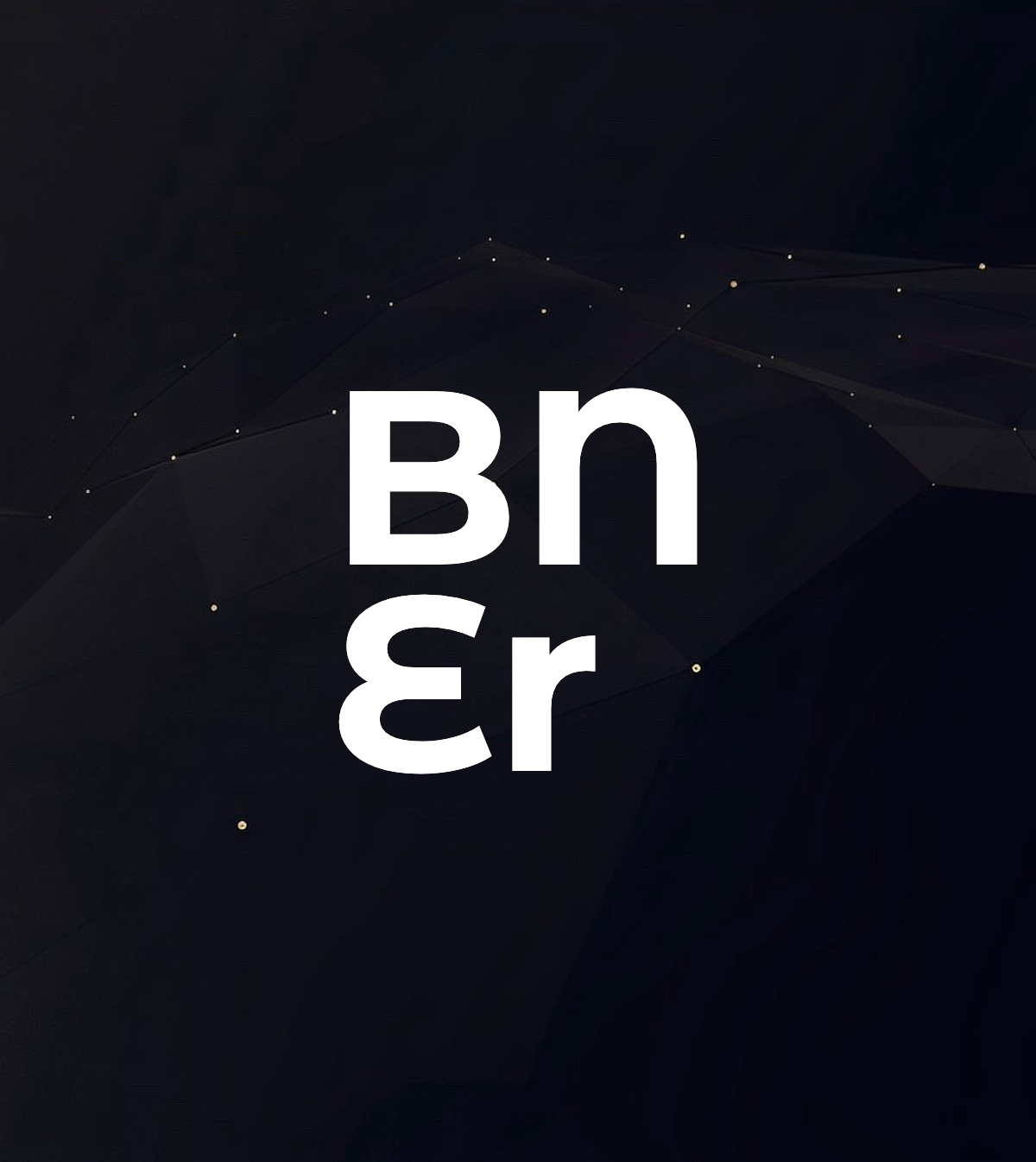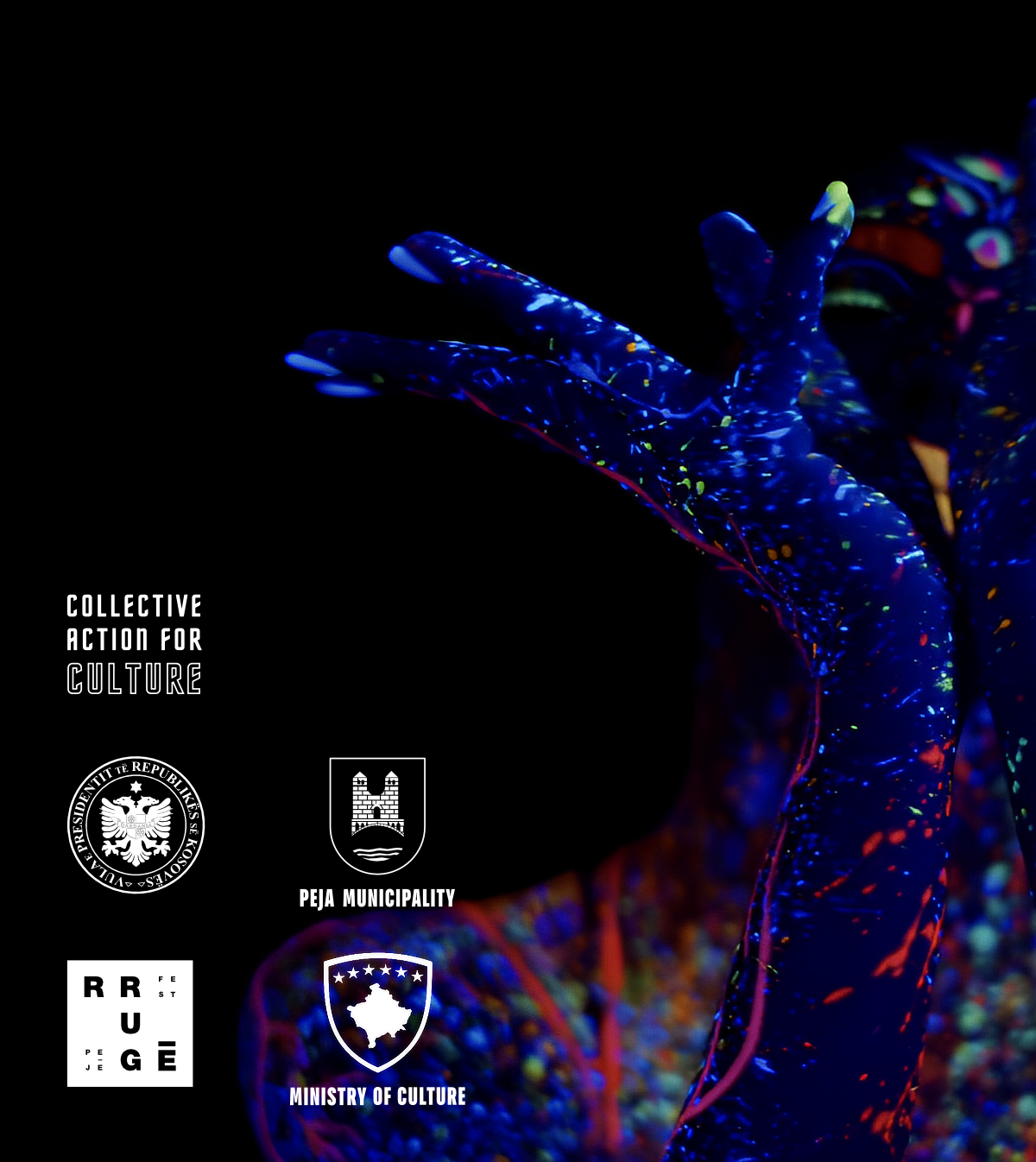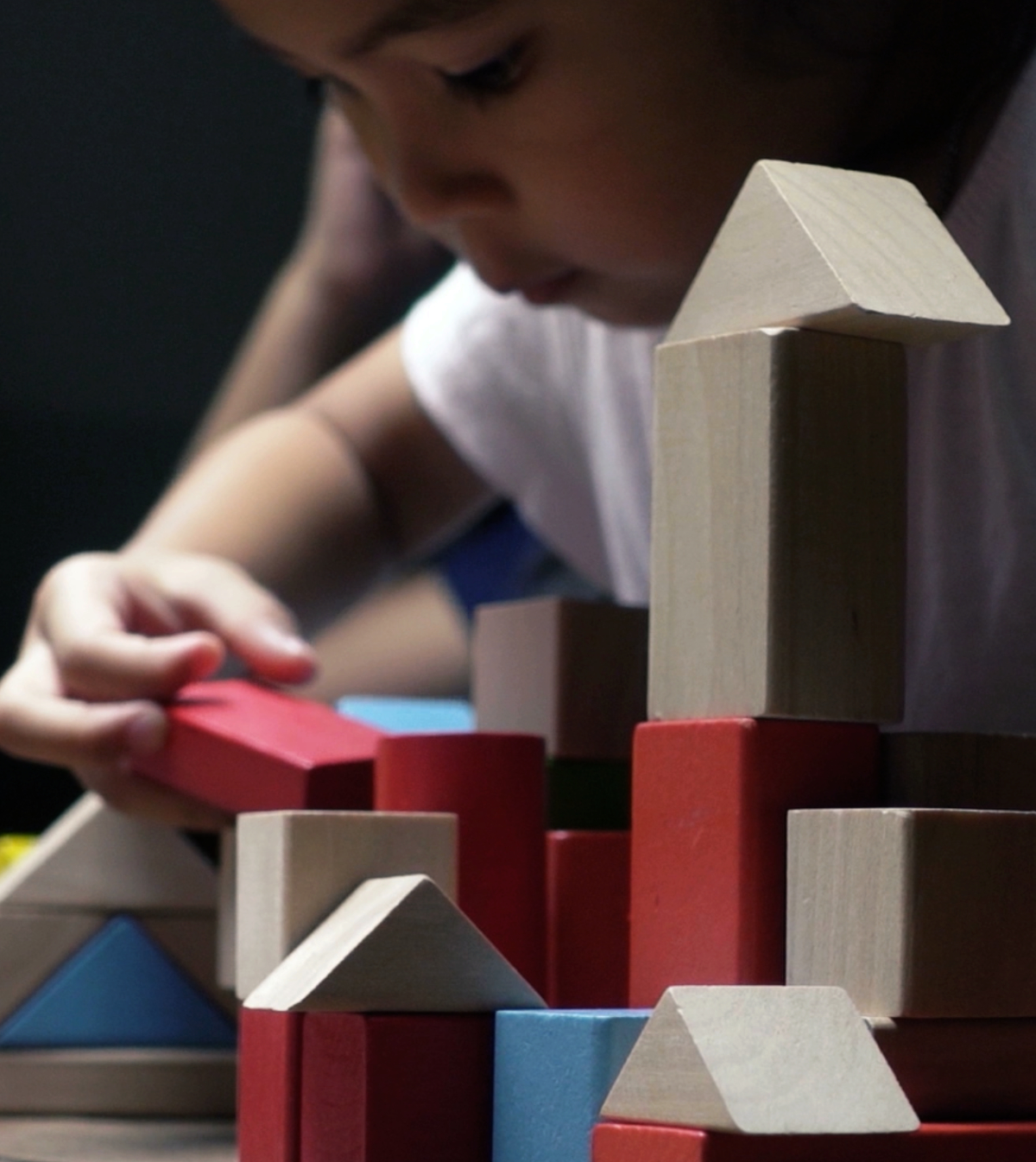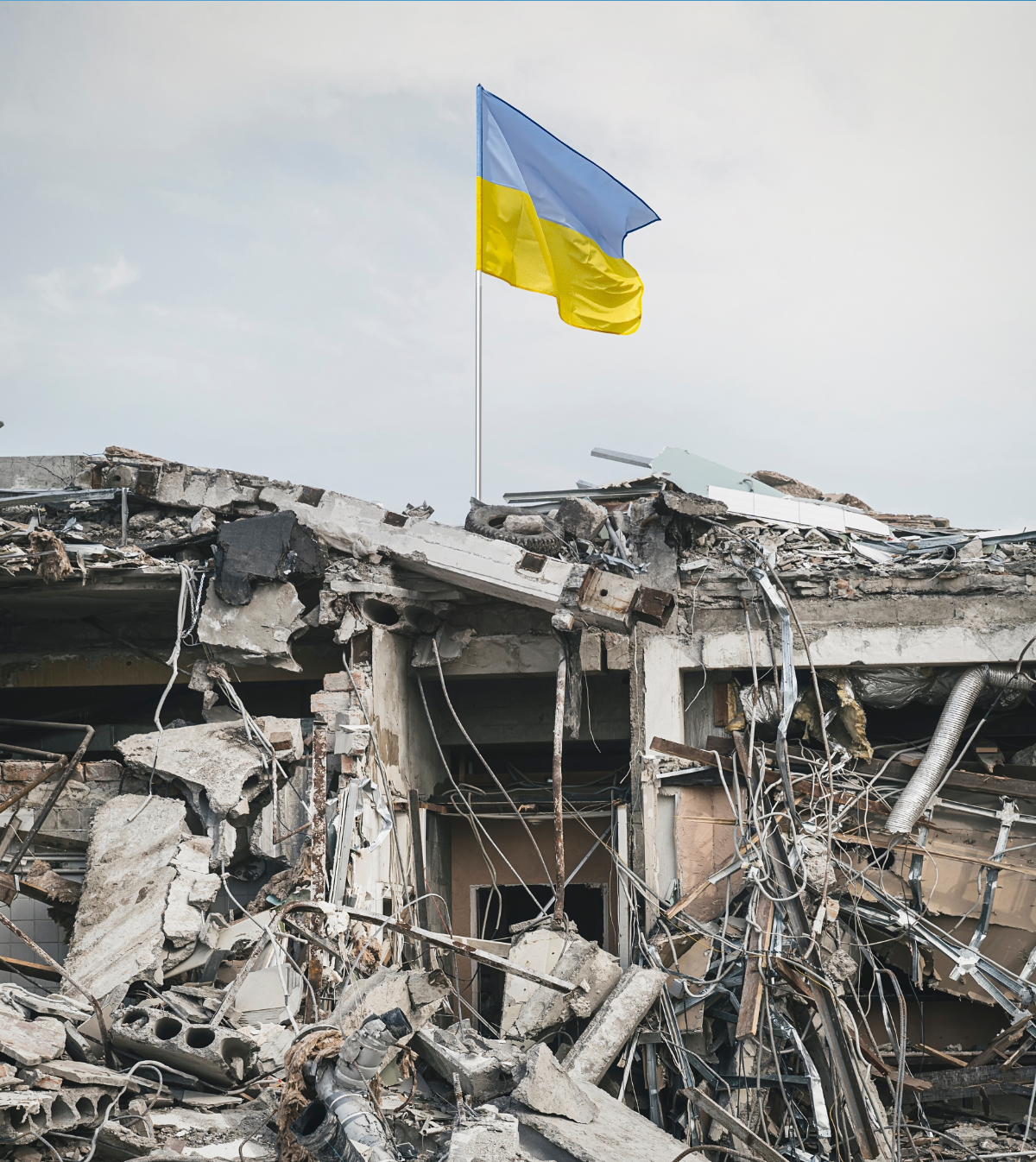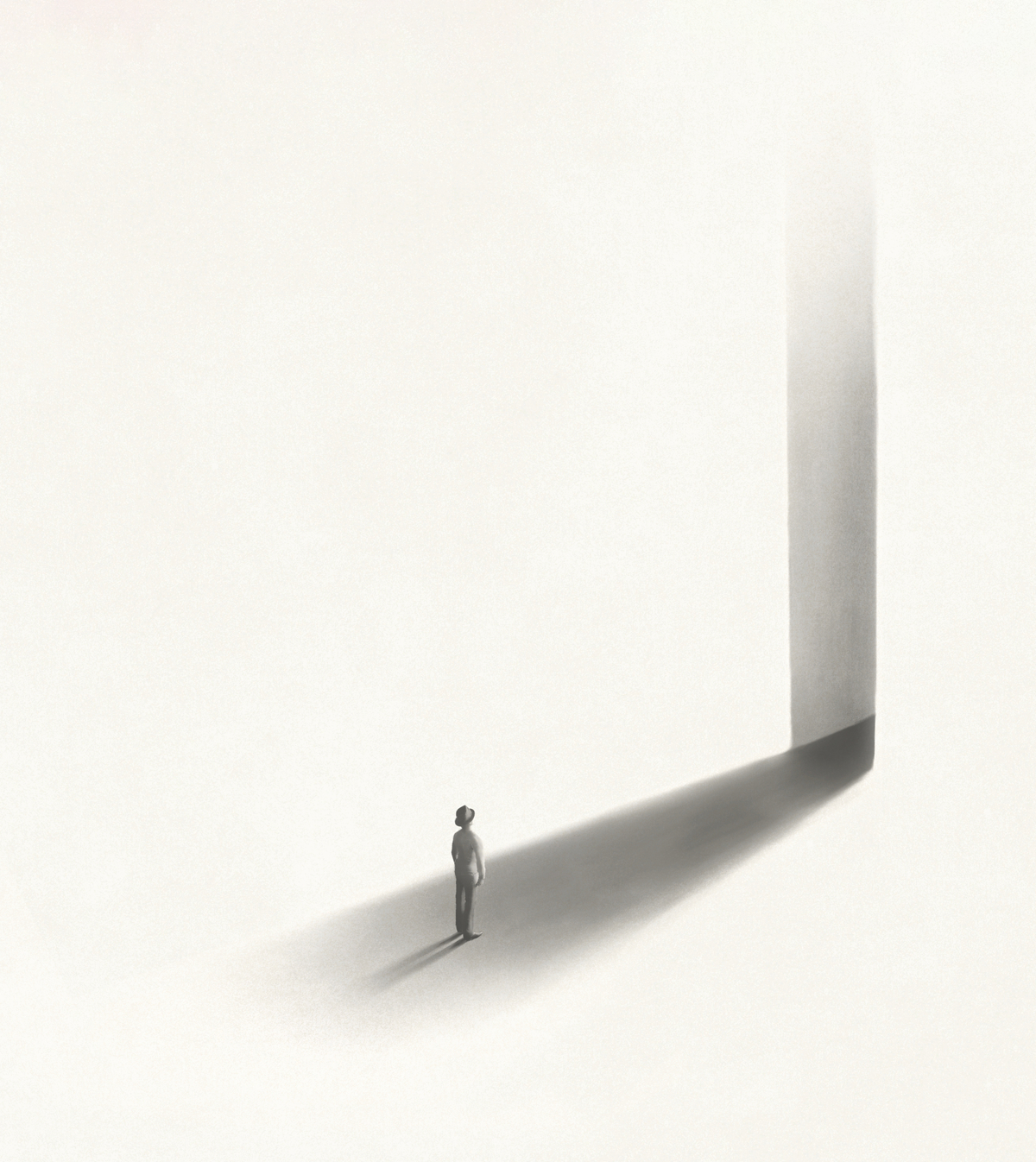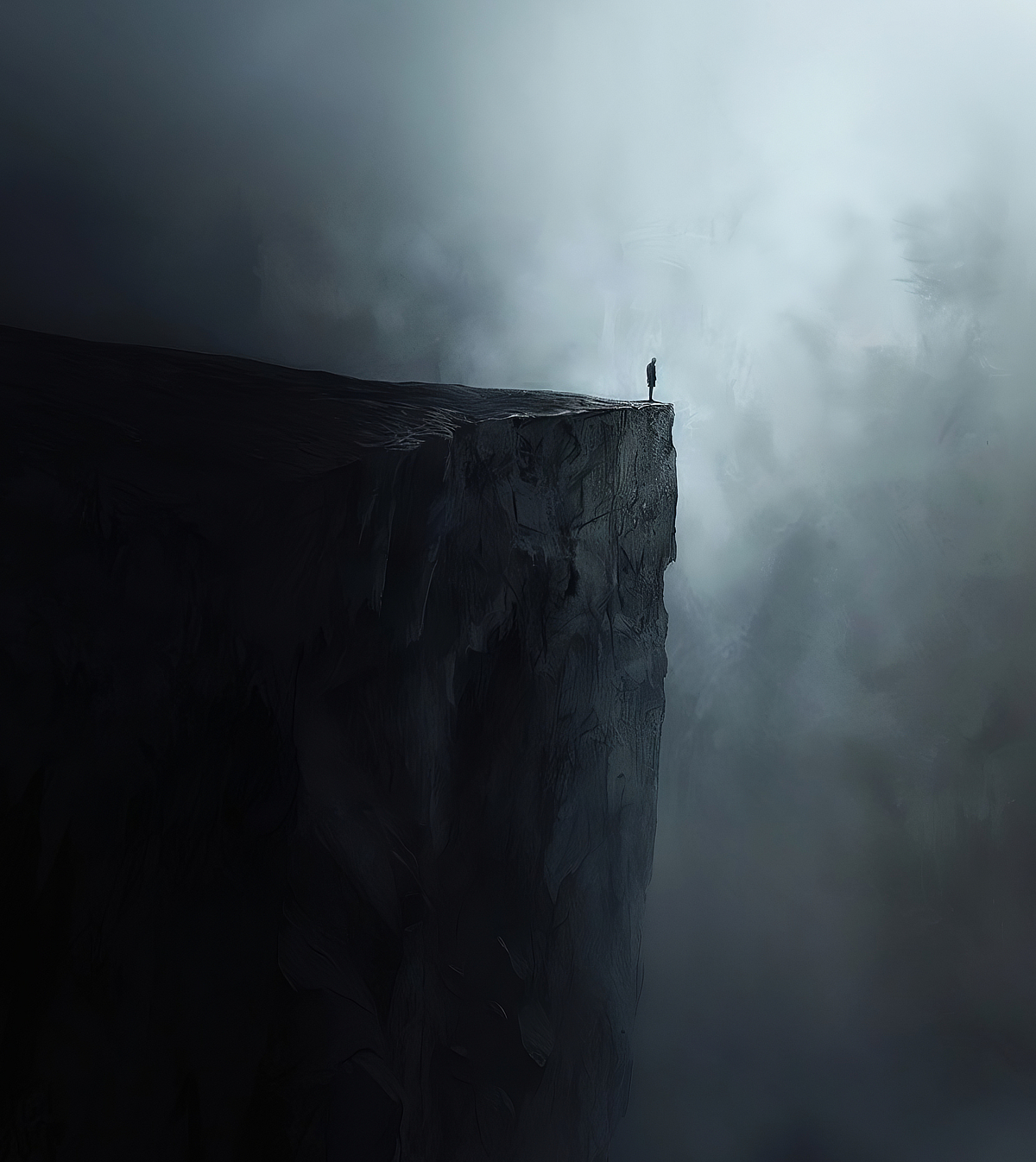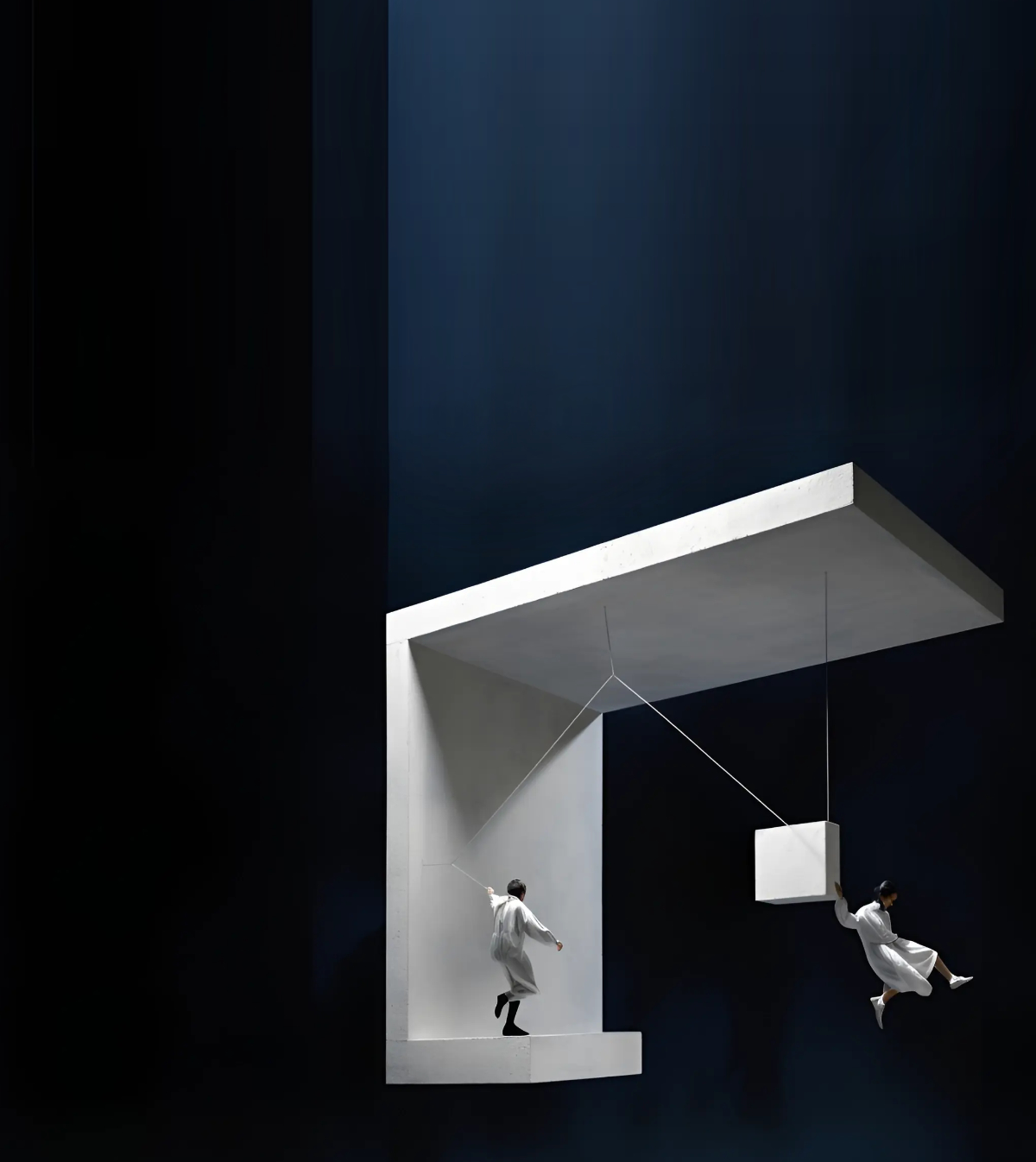We’d like to take the opportunity to introduce you to the winners of the 2nd prize of our “Adelaide Creative Community Hub” competition - Judith Busson Taridec and François Cattoni from France!

Judith Busson Taridec and François Cattoni from France
François studied a master’s degree in urban design at Nantes Atlantique Design School. After various professional experiences,including AIA architects & engineers associates, Mygg Design and Architecture in Milan, he began a collaboration with DAS Studio with whom he experiments on various - scale projects, from architecture and scenography to design. This background has made him experiment in different uses of scale, from urbanism to domesticity. Through his studies and experiences he has tried to define the role of a designer in urban and architecture processes. Is it just a role in the precise determination of details, or could it be more?
Judith studied at the Architecture School of Versailles, then at Paris La Villette. After various professional experiences - with Françoise Hélène Jourda architect and Christian Kerez, she now works with l’AUC, an architecture and urbanism office, based in Paris. The urban and territorial scale of the projects on which she's working on, enables her to experiment and acquire an urban and metropolitan way of thinking. Judith participated in a workshop in the KIT (Kyoto Institute of technology, Japan) and in the Studio X (Rio de Janeiro, Brazil), which encouraged her to work in a diversified, constructive and theoretical culture. Thanks to the diversity of scale and programs she’s been involved with, she continues an active practice of architecture by being involved in various subject and scale of project.
"One year ago, we began a multi-disciplinary collaboration. Our association invites a mixed practice, enabling the interaction of diversified scales and fields of study. It was the beginning of a co-working experience to develop the way we are practicing our jobs.
Our collaboration began with different built and theoretical projects: competitions, calls for ideas, apartment renovation, individual house construction, or even the study of an alternative urbanism for the traditional allotment in rural communities. We are currently working on several residential projects in Paris and other French cities.
We conceive an active architectural practice, which is not only the response to a command, but one which is involved in a process of creation of the command. A practice that overcomes scales and spheres of competences, implementing the ability to make a project, to design the city, the architecture, the furniture, and more. A practice that experiments new quality of use, but also explores abandoned domains of architecture."
What does architecture mean to you and what is the role of the architect in your society?
The ability of the architect to produce knowledge and define his position in society is the project: a project of spaces, of cities, of territories. The project is a type of study and research; it is a reconstruction, a contextualization and a reorganization of reality. The project, at different scales, is the way to create new knowledge and to explore a context. The ability of the architect, and other creative professions, to imagine and design by the project new realities, defines our position in society.
Why do you participate in architecture vision competitions?
For young architects, architecture vision competitions are a great opportunity to work on programs and scales that the first commissions of a young company can't reach. These competitions are good exercises, to experiment but also to be aware of the reality of the demand. It's also a way to choose projects that really inspire us and develop a creative process with more liberty than your usual client.
Top 3 Reasons Why You Should Enter Architecture Competitions
Curious about the value of architecture competitions? Discover the transformative power they can have on your career - from igniting creativity and turning designs into reality, to gaining international recognition.
Learn more

